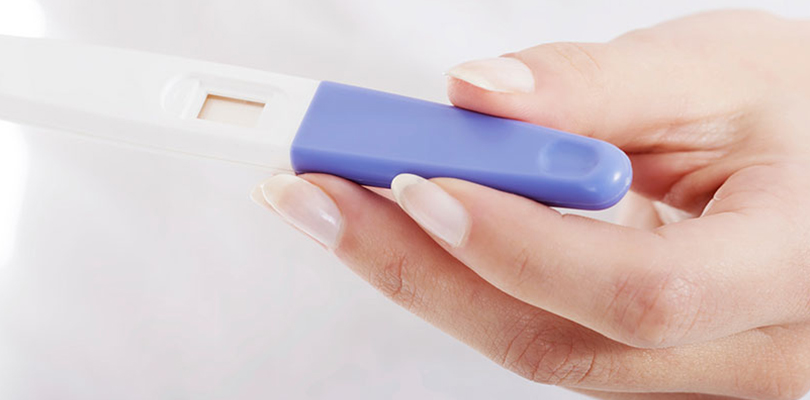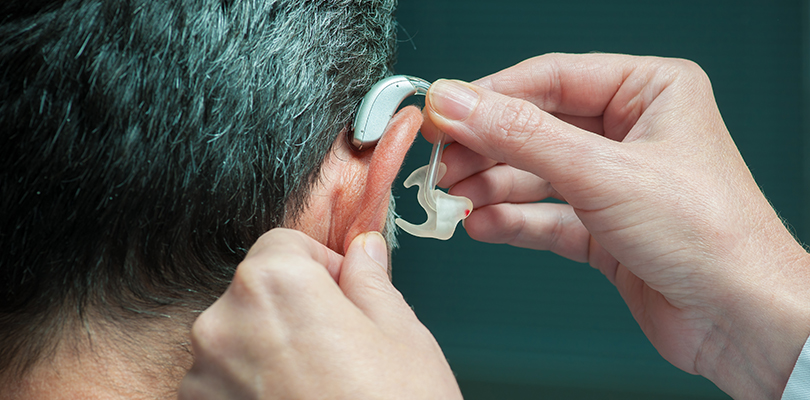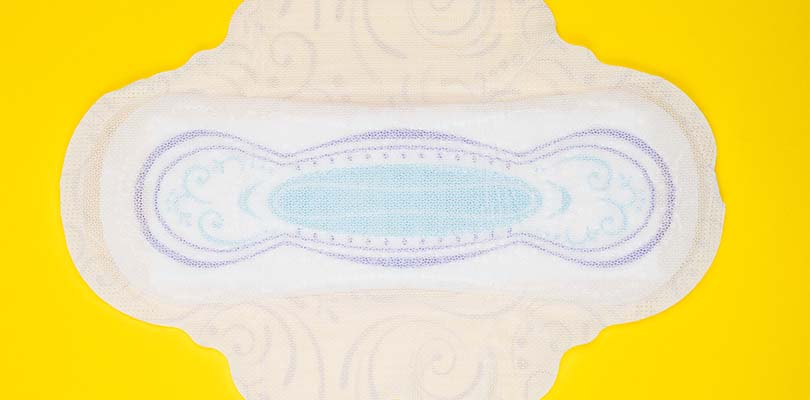Photo Credit: Piotr Marcinski / iStockphoto.com
Early Signs, Symptoms, and Clues That a Baby Is on the Way
Perhaps your period is a day late, or maybe you’re simply feeling strange – could you be pregnant? The short answer is yes, if you’ve had sex at the right point in your cycle. But despite the widespread physical and emotional effects of pregnancy, it’s not always easy to pinpoint the reason behind your unusual symptoms. So how do you know if you’re pregnant?
Early pregnancy symptoms are different for every woman, but there are several changes that can show up before you’ve actually missed your period (which, of course, is the principal sign that you’ve conceived). Keep an eye out for these common consequences of fertilization, hormonal fluctuations, and other physiological changes that come with pregnancy.
How Early Can Symptoms Start?
The moment of conception marks the official beginning of your pregnancy – about two weeks before your scheduled period when ovulation has occurred. So, you can’t expect to feel any symptoms related to pregnancy before this time, and since physical changes happen gradually, you probably won’t feel anything for at least a week or two.
Implantation bleeding may be the first clue that you’re pregnant. It doesn’t happen in every woman or for every pregnancy, but you may notice some light, spotty bleeding about a week after ovulation, which should be around a week before your period is due. You could also feel some very mild cramping, and your body temperature may fluctuate a bit. In some cases, the fertilized egg won’t implant in the uterus until 10 or 12 days after conception, so implantation symptoms could come later than expected.
Some very early symptoms could pop up two weeks after you’ve conceived. This is actually considered your fourth week of pregnancy, since gestation is tracked from the start of your last period. At the two week mark, the fertilized egg has implanted, and your level of hCG (an important pregnancy hormone) will have increased enough to be detected on a home pregnancy test.
The Earliest Pregnancy Symptoms
Women are often attuned to changes in their body, especially when they experience drastic physical and emotional swings throughout their cycle. However, many of the earliest signs of pregnancy mimic premenstrual symptoms, which can be confusing.
If you haven’t yet missed your period, but suspect you could be pregnant, look out for these symptoms that can hit within days of conception:
Sore Breasts
Breast tenderness is one of the hallmarks of hormonal fluctuation, which is why it’s such a common event in your monthly cycle. However, many women notice that their breasts are even more swollen and more tender than usual before their expected period. You may also feel a tingly sensation around the nipples, veins over the breasts become more visible, and your areolas can start to darken in color. Increased blood flow through the breasts is responsible for all these changes, and that extra volume of blood will make them feel heavier.
Fatigue
If you lack sexual desire, you may experience Hypoactive Sexual Desire Disorder. It is treatable and here is how to do it.
Feeling more tired than usual? That could be the cocktail of hormones and blood changes that begin within a week of conceiving. Progesterone levels shoot up along with blood production, while blood sugar and blood pressure falls. Together, these changes can leave you feeling drained and weak, on the verge of falling asleep at several points throughout the day. If a good night’s sleep doesn’t get you back to your lively self, you may be pregnant – and unfortunately, you’ll probably continue to struggle with that fatigue for the first trimester.
Backache
Aching muscles could point to a variety of minor issues, from a bad sleep to an overzealous workout. However, unexplained pain in your lower back just above your pelvis could be the result of stretching ligaments and relaxing joints – hormone-driven processes that prepare your body for giving birth. Aches and pains are extremely common before menstruation, too, so back pain that comes without any other warning symptoms isn’t a particularly helpful diagnostic tool.
Chadwick’s Sign
Visible changes can come before changes in your comfort or sensation, especially around your vagina and vulva. You might notice that the tissue is looking darker and more purplish, the result of increased blood flow to the tissues in your pelvic region. This phenomenon is known as Chadwick’s sign and is a very common symptom. However, it can be difficult to judge whether it is occurring if you’re not sure what your normal hue is – some woman naturally have a darker tissue, so Chadwick’s sign may not be a reliable clue.
Discharge
Shortly after conception, the cells in your vagina will begin to multiply and your vaginal walls will thicken, producing a milky white discharge known as leucorrhea. Discharge is common whether you’re pregnant or not – it’s part of the vagina’s self-cleaning mechanism – but it may change in texture or appearance very soon after your egg has been fertilized (that is, before your expected period). You might notice more of it as pregnancy progresses, and that’s nothing to worry about, as long as it doesn’t have a foul odor or come with itching.
Food Aversions
It’s more common to experience food aversions before food cravings in early pregnancy. Once again, you can blame your changing hormone levels for the metallic taste in your mouth, your super sensitivity toward certain tastes and smells, and a general loss of appetite. In some cases, a rising level of progesterone can make you hungrier, while the stirrings of morning sickness can result in mild nausea, making for a rather strange sensation!
When to Visit your Doctor
It can be exciting (or frightening) to put the pieces pf the pregnancy puzzle together, but don’t get ahead of yourself. Only a pregnancy test will let you know for sure if you’re pregnant, even if you’re a few days late for your period.
Pregnancy tests and doctor visits can be pricey, and you may not want to splurge before the time is right. If you’ve missed your period by two days or more, go ahead and take a home pregnancy test, since your level of hCG is likely high enough to detect; if the test is positive, schedule an appointment with your doctor right away. The sooner you can start prenatal care, the better it will be for you and your growing baby.







